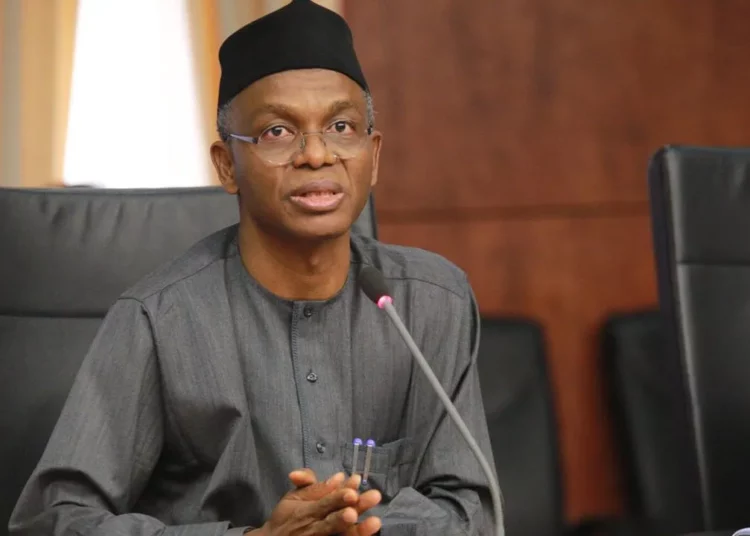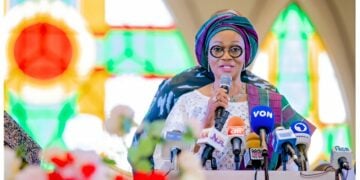Former Kaduna State governor, Nasir El-Rufai, has explained why the emerging political coalition seeking to challenge the ruling party in 2027 elections was opting to register a new political party rather than merge with an existing one.
According to him, the move was seen as the “least risky option” to avoid sabotage and internal crises allegedly being orchestrated by the government.
Speaking on Arise News PrimeTime show on Monday evening, El-Rufai said the coalition, comprising several opposition leaders, had deliberately chosen to pursue a dual strategy, exploring existing political parties while simultaneously working to register a fresh platform.
“You do not go to war with only one plan,” he said. “So in the early stages of our discussions, the leaders of the coalition took the decision that we would not only look for existing platforms and identify one that is suitable for all of us to go under one roof, but we will also explore the possibility of registering a brand new party.”
He explained that many coalition members favoured the option of a new party route because it lacks ‘legacy problems’ and is less vulnerable to infiltration and destabilisation.
“Many of the leaders believe that registering a brand new party is the least risky of the propositions,” he said.
“A brand new party does not have any legacy problems or any viruses injected… What the ruling party and the government have been doing is to create problems in the opposition parties by recruiting and financing ‘viruses’ to multiply.”
He cited examples of internal divisions within the Labour Party (LP), People’s Democratic Party (PDP), and the New Nigeria People’s Party (NNPP), blaming them on calculated efforts by the government to weaken opposition groups.
“The mischievous acts of this party and the government are totally immoral. They will do anything to eliminate all opposition,” he stated. “So many of the leaders express concern that the best way to avoid this is to create a brand new party.”
El-Rufai acknowledged doubts about the Independent National Electoral Commission’s (INEC) willingness to register a new party for the opposition, noting that the current political environment is far less accommodating than it was during the formation of the All Progressives Congress (APC).
“Many of us do not believe that under the current leadership of INEC, a new party will be registered,” he said.
“Dr Mahmood Yakubu is not Jega, and President Tinubu is not Jonathan. These were the people in charge when the APC was registered.”
However, he added that the process of applying for registration was still worth pursuing, if only to expose what he described as government interference.
“Let us show that INEC is not independent. Let us show that this government is interfering to ensure that there is no opposition,” El-Rufai declared. “So we are pursuing both paths. If both become available, then the leadership will sit down, consult and take their views to the plenary, and a decision will be taken.”
Reacting to questions about the number of unregistered political parties waiting for approval, El-Rufai dismissed the idea of a queuing system for party registration.
“It’s not a queue,” he said. “The requirements in the constitution, which have been repeatedly upheld by the Supreme Court, are very simple. Once a party meets those, it should be assigned a set of officers.”
As the coalition moves forward with its plans, El-Rufai’s comments signal a deepening mistrust in existing institutions and a growing determination among opposition figures to create a viable alternative ahead of the 2027 general election.
We’ve got the edge. Get real-time reports, breaking scoops, and exclusive angles delivered straight to your phone. Don’t settle for stale news. Join LEADERSHIP NEWS on WhatsApp for 24/7 updates →
Join Our WhatsApp Channel










